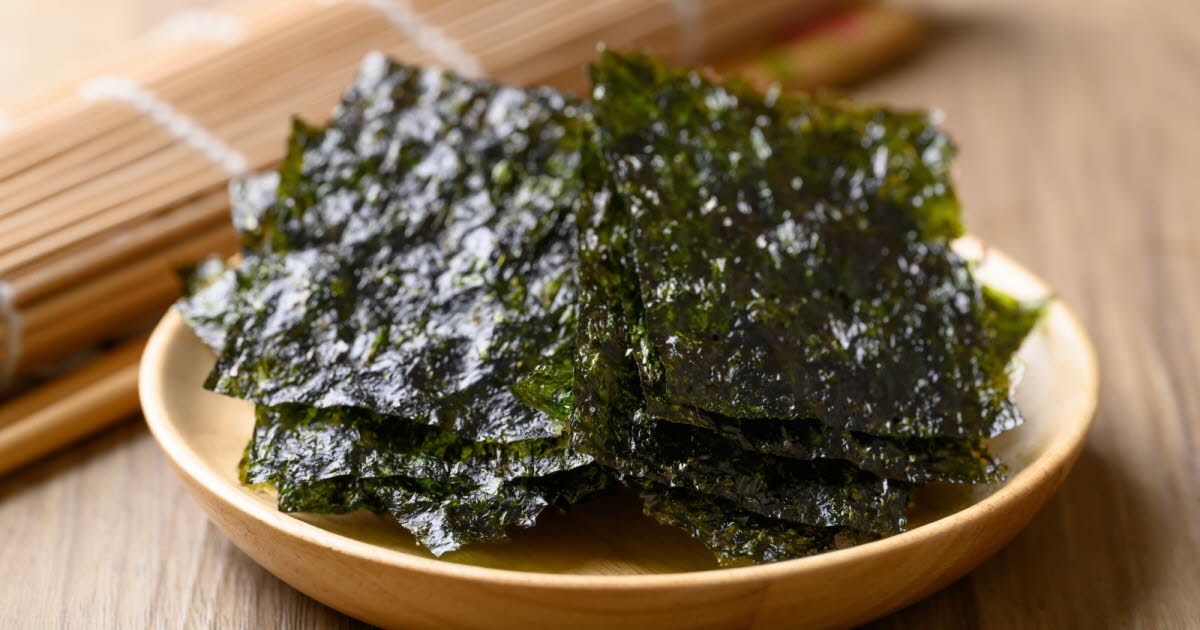One in two adults suffers from gum problems: here are the best foods to keep them healthy

Red, swollen, sensitive, bleeding gums... If these symptoms sound familiar, you may be suffering from gum disease, like about half of all adults. Often overlooked, gum problems can nevertheless have serious consequences: they can affect teeth, which may eventually loosen, and also impact overall health. Fortunately, it's possible to prevent this by brushing your teeth at least twice a day for two minutes, using dental floss or interdental brushes, and having regular dental checkups. Diet also plays a role.
A recentstudy of patients with periodontitis (gum disease) showed that those following a Mediterranean diet had a less severe form of the disease, while those " who did not strictly follow the Mediterranean diet tended to suffer from more severe gum disease," the authors wrote. They therefore believe "that a balanced Mediterranean-style diet could play an important role in reducing gum disease and widespread inflammation."

More specifically, certain types of food can help keep your gums healthy. First, vegetables, which are a cornerstone of the Mediterranean diet. Leafy green vegetables, in particular, are said to be especially beneficial. They contain vitamin A, which contributes to saliva production; vitamin C, which strengthens gums; and calcium, known to be good for teeth. They are also "rich in dietary nitrate, which improves the oral microbiome, promotes beneficial bacteria, and suppresses harmful bacteria linked to gum disease," Patricia Casas, a senior lecturer in nutrition at the University of Plymouth, explained to the Telegraph .
Certain fruits, particularly berries, have also shown benefits for gum health. They are low in sugar but provide numerous antioxidants that help reduce inflammation and bacteria that can harm gums. Fermented foods such as yogurt, cheese, and kefir can also be beneficial, providing good bacteria. Foods rich in omega-3 fatty acids, such as oily fish, nuts, avocados, and olive oil, are also recommended for periodontitis, again due to their anti-inflammatory effects.
Conversely, some foods can have a negative impact on the gums. These include red meat, known to be pro-inflammatory. The study mentioned above showed that a "high consumption of red meat" was "associated with the severity of periodontal disease." Ultra-processed foods, which are pro-inflammatory, can also be harmful to the gums. Finally, alcohol and tobacco are obviously discouraged by dentists.
L'Internaute



